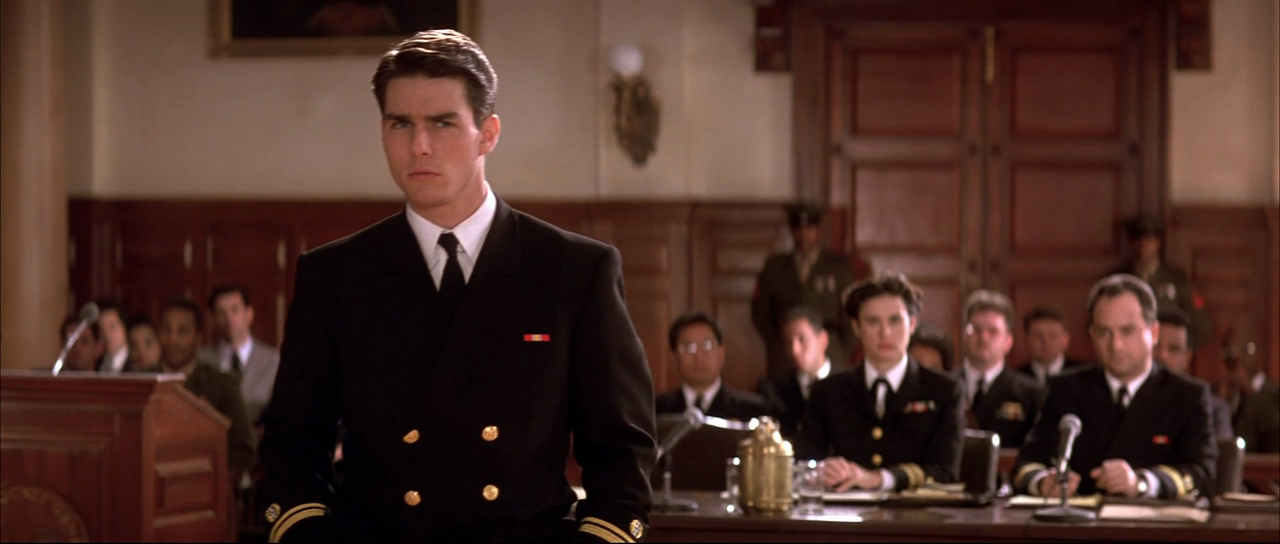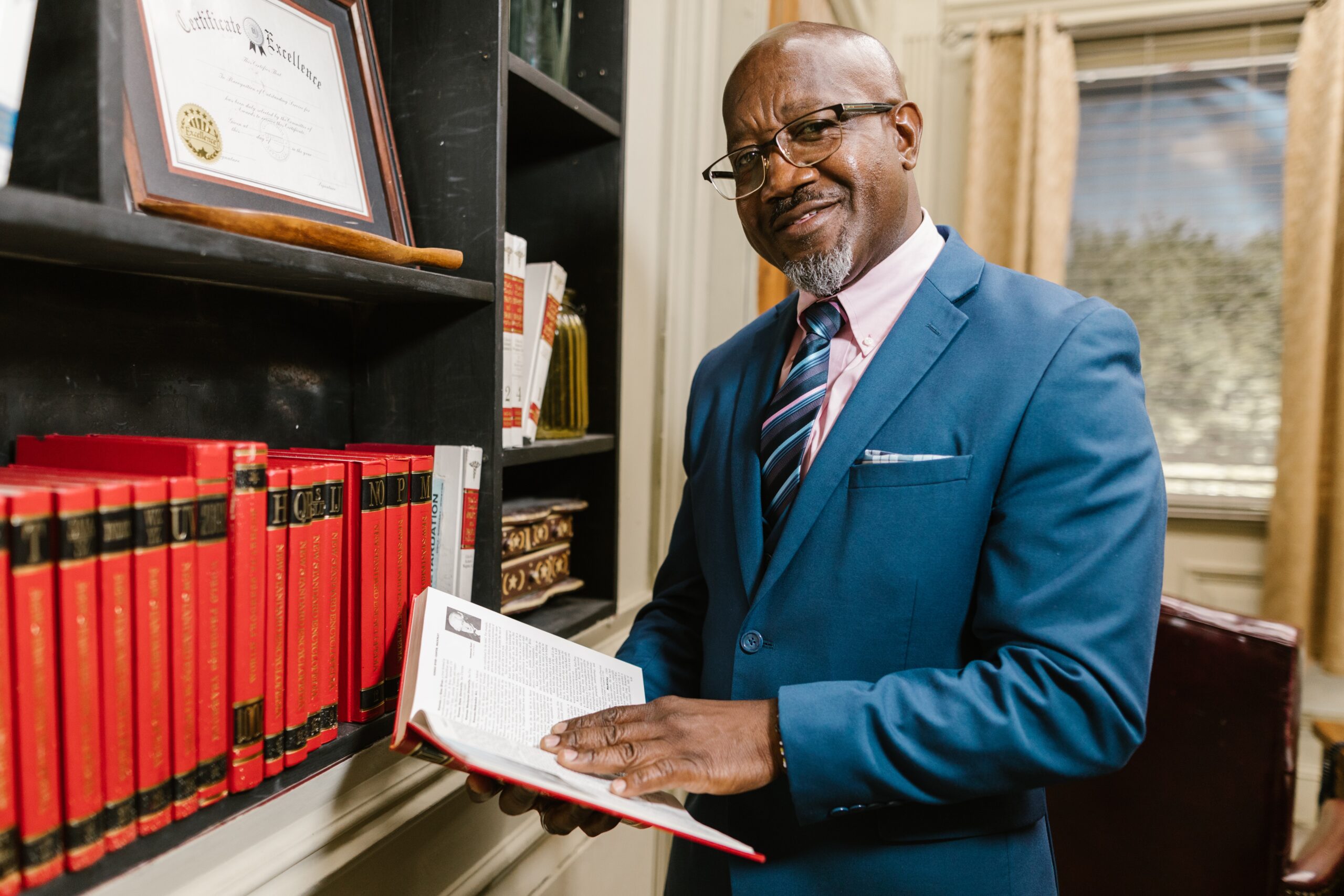Optimizing Your Appeal: How Specialist Assistance Can Enhance Your Appellate Technique
In the world of appellate campaigning for, the value of employing professional assistance to fortify one's appellate technique can not be overstated. By employing the experience of professionals fluent in the nuances of appellate practice, people and organizations can unlock a riches of advantages that expand far beyond standard lawful representation.
The Importance of Appellate Experience
When navigating the complex realm of appellate legislation, possessing specific proficiency in appellate procedures and approaches is extremely important for achieving desirable outcomes. Appellate experience incorporates a deep understanding of the subtleties of appellate practice, which varies dramatically from test campaigning for. Appellate attorneys should have an eager eye for legal research study, influential writing, and oral campaigning for abilities tailored to the appellate court's specific requirements.
An appellate professional brings a special ability to the table, refined via years of experience taking care of charms and staying abreast of developing legal precedents. This proficiency allows them to craft engaging legal disagreements, recognize crucial concerns that resonate with appellate courts, and anticipate and respond to opposite guidance's debates properly.
Additionally, appellate specialists are skilled in the complicated step-by-step policies regulating allures, guaranteeing that all filing target dates, format needs, and administrative problems are thoroughly complied with. By leveraging their specialized expertise, appellate lawyers can navigate the appellate procedure with accuracy and skill, maximizing their customers' opportunities of success on allure.
Strategic Evaluation and Case Evaluation
Building upon the foundation of appellate proficiency, strategic analysis, and situation analysis play crucial functions in formulating a durable appellate method. It calls for a deep understanding of the lawful landscape, procedural policies, and potential disagreements that can persuade the appellate court.
Instance assessment is just as essential, concentrating on examining the valid and legal aspects of the situation to identify its stability on allure. This process includes inspecting high court records, proof, and rulings to determine errors or problems that could form the basis of a successful appeal. A precise case assessment makes it possible for attorneys to craft influential disagreements that deal with the core concerns and persuade the appellate court to rule in their customer's support.
In mix, strategic evaluation and situation assessment develop the cornerstone of an effective appellate approach, leading lawyers in navigating complex lawful terrain and optimizing their opportunities of success on appeal.
Crafting Compelling Lawful Arguments
Crafting engaging lawful disagreements is an important skill that identifies adept appellate experts in offering persuasive situations prior to the court. Reliable legal argumentation requires a deep understanding of the law, important analysis of the facts, and the ability to connect complex concepts in a persuasive and clear fashion. When crafting lawful debates, appellate practitioners should thoroughly consider the pertinent legal principles, precedents, and plan implications to construct a solid and coherent story that supports their client's placement.

Browsing Procedural Intricacies
To properly navigate procedural complexities in appellate technique, professionals should possess a comprehensive understanding of the appropriate policies of treatment and court procedures. Appellate procedures vary among territories, necessitating a keen recognition of certain needs controling problems such as jurisdictional target dates, filing procedures, and format standards. Failure to stick to these procedural rules can cause costly hold-ups, assents, or even termination of the allure.
One key aspect of navigating procedural complexities is recognizing the significance of maintaining problems for charm at the high court degree. This includes making prompt objections, movements, and offers of proof to ensure that appellate courts have a proper record to assess (Brownstone Law). In addition, professionals have to grasp the art of preparing succinct and clear appellate briefs that follow format demands and Brownstone Law effectively existing lawful disagreements
Additionally, understanding the details of oral argument procedures, including time frame and the decorum expected in appellate courts, is vital for an effective appeal. By staying in harmony with these step-by-step intricacies, practitioners can enhance their opportunities of attaining a positive end result for their customers on charm.
Leveraging Specialized Legal Understanding
Specialized legal expertise plays a pivotal role in tactically progressing appellate arguments and maximizing the possibilities of success in complex legal process. Leveraging customized legal expertise can supply a substantial benefit when crafting appellate techniques. Appellate situations often include detailed lawful problems that call for a deep understanding of particular areas of regulation. By engaging experts with expertise in the relevant lawful field, appellants can gain from nuanced insights and customized approaches that are essential for providing compelling arguments.
Specialized legal knowledge enables specialists to identify key precedents, policies, and legal doctrines that are pertinent to the situation at hand. This thorough understanding allows them to expect possible difficulties, counterarguments, and possibilities for influential campaigning for. Additionally, experts can use important perspectives on exactly how the law has been interpreted and applied in comparable instances, aiding to form an extra effective appellate technique.

Conclusion
In final thought, specialist help can significantly improve your appellate technique by supplying competence in browsing step-by-step intricacies, crafting compelling lawful debates, and leveraging customized lawful knowledge. By utilizing the skills and experience of appellate specialists, individuals can maximize their opportunities of success in the appellate process. Tactical evaluation and situation analysis are necessary parts of establishing a solid appellate approach that can help to enhance the appeal of your instance.
In the realm of appellate advocacy, the significance of using professional help to strengthen one's appellate approach can not be overemphasized.When browsing the elaborate realm of appellate legislation, having customized expertise in appellate treatments and approaches is vital for attaining beneficial outcomes. Appellate knowledge includes a deep understanding of the nuances of appellate method, which differs significantly from test advocacy. Appellate lawyers must have an eager eye for legal research study, convincing writing, and oral advocacy abilities tailored to the appellate court's particular requirements.
Structure upon the structure of appellate experience, critical evaluation, and situation analysis play critical functions in creating a durable appellate method. (Brownstone Law Texas criminal appeals lawyers)